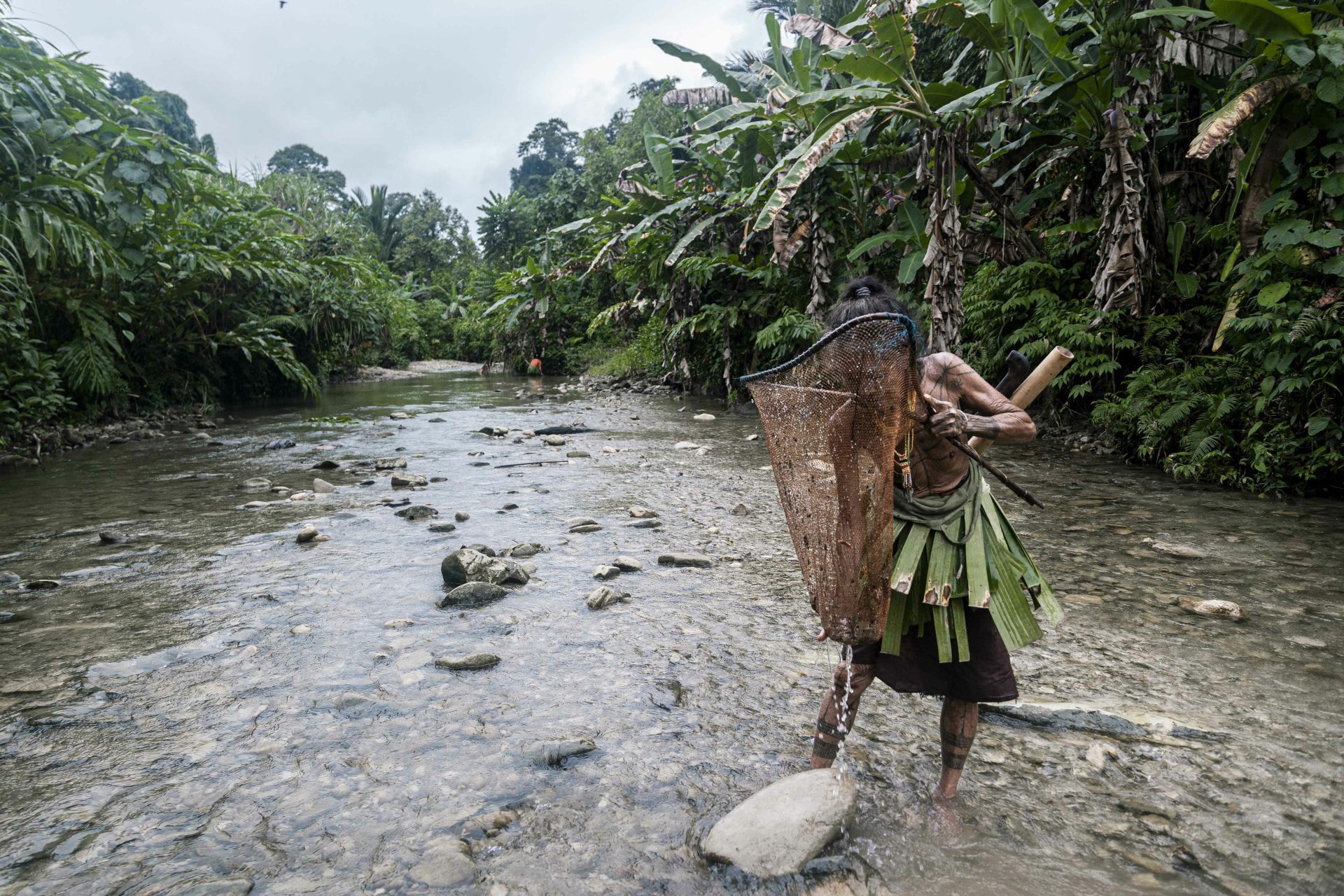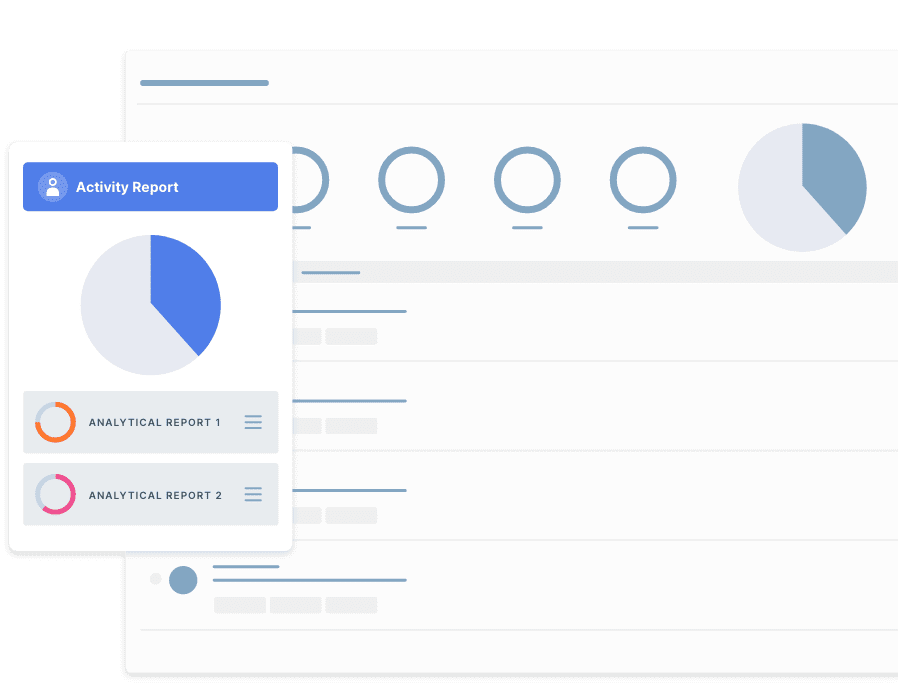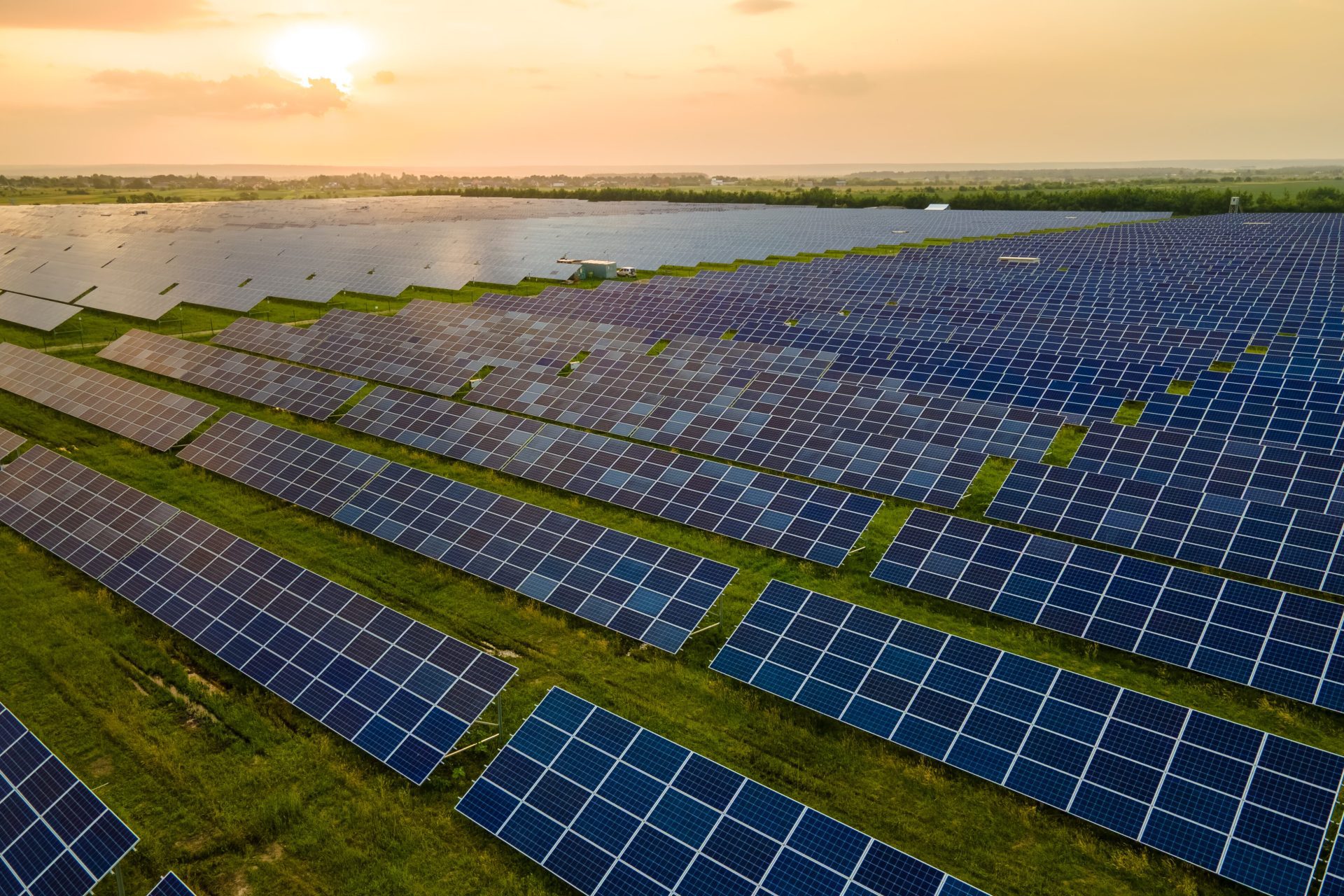
Regulatory content
Human Rights– Affected Communities
Our global coverage includes mandatory laws, regulations and standards, proposed, enacted & amended, as well as voluntary frameworks, guidance documents, and factsheets which cover obligations placed on companies regarding their actual or proposed responses to the human rights risks of affected communities. Note: we do not cover voluntary national standards.
ESG: HUMAN RIGHTS – AFFECTED COMMUNITIES
28
Languages Supported
40
Subject Matter Experts
Human Rights – Affected Communities
Content Overview
Affected communities consist of people outside the company’s workforce and/or supply chain that may be affected by the company’s operations and include people:
- living or working near the company’s factories and facilities or other remote communities actually or potentially affected by those activities (e.g., a toxic waste spill affecting a community’s access to clean drinking water or a peaceful protest by communities against business operations that was met with a violent response from the companies security services);
- along the company’s value chain (e.g., communities affected by the operations and activities of suppliers’ facilities, logistics or distribution providers);
- located at either or both endpoints of the value chain (e.g., communities located adjacent mines or near waste or recycling sites);
- indigenous peoples (e.g. ensuring proper consultation is undertaken with local communities and that prior informed consent is obtained before building on their land).
Legislation covering affected communities typically require companies to disclose their:
- Policies on how they manage material impacts, risks and opportunities associated with the human rights of affected communities;
- Processes for engaging with affected communities about impacts and remediating negative impacts including the establishment of grievance/complaints procedures, hotlines, and/or other measures that allow affected communities to raise concerns or explain needs that they would like the company to address.
- Action taken to manage and mitigate the risks e.g. training for relevant staff on indigenous people’s rights, including free, prior and informed consent.
- Targets related to managing material negative impacts and advancing positive impacts.
This content area covers obligations placed on companies to disclose information on the approach that they take to identify and manage impacts on affected communities relating to:
- Economic, social, and cultural rights e.g. adequate housing and food, water and sanitation, land and security.
- Civil and political rights e.g. freedom of expression and assembly, and impacts on human rights defenders.
- Rights of indigenous peoples e.g. free, prior, and informed consent, self-determination, and cultural rights.
- Affected communities do NOT include employees or contractors of the company or any workers in the company’s supply chain. The rights and obligations of these people are covered by our Human Trafficking & Slavery and Labor and Employment content areas.
- Please note this Topic is not product-specific. It focuses on requirements for companies to disclose their strategies (planned and taken actions) in managing and engaging with affected communities based on human rights principles and to provide remedies to individuals or groups who may suffer harm as a result of the company’s actions and/or inactions.
Human Rights – Affected Communities
Coverage Included
Our regulatory content in C2P is historically comprehensive with a robust QA process to ensure quality, consistency and accuracy. Below is a high-level summary of our coverage for this content area:
- Australia: Aboriginal and Torres Strait Islander Heritage Protection Act 1984 (ATSIHP Act)
- Australia: Protection of Movable Cultural Heritage Act 1986
- Belgium: Ban on the Trade of Products and Services arising from Human Rights Violations, Draft Law, 29 August 2024
- EU: Sustainability Reporting Standards, Delegated Regulation, July 2023 (including ESRS S3 on Affected communities)
- Illinois (USA): Environmental Protection Act, 415 ILCS 5, Law, 1970 – Proposed Amendment – (on ensuring proper consultation of environmental justice communities and environmental justice assessment) Senate Bill 1307, 2025
- Japan: Respect for Human Rights in Responsible Supply Chains, Guidance Document, August 2022
- Mexico: Amendment to the Mexican Constitution on Prior Consultation and Informed Consent of Indigenous People and Afromexican Communities, Decree, September 2024
- Mexico: General Law on Indigenous and Afromexican Communities, Draft Law, February 2025
- Mexico: General Water Law, Draft Decree, April 2020
- OECD: Multinational Enterprises on Responsible Business Conduct in a Global Context, Guidance Document, June 2023
- Peru: General Environmental Law No. 28611, 2005 -Proposed Amendment- (on proper consultation of affected communities) Draft Law, June 2024
- Switzerland: Popular Initiative for Responsible Businesses in Protecting Human Rights and the Environment, Decision, January 2025
- UNDP: Human Rights Due Diligence and the Environment. A Practical Tool for Business, Guidance Document, November 2024
- UN: The Ten Principles of the UN Global Compact, 2000
- UN: Guiding Principles on Business and Human Rights, Guidance Document, March 2011
- UN: Regulating in International Human Rights Law the Activities of Transnational Corporations and Other Business Enterprises, Draft Treaty, July 2018

Learn more about our Regulatory Coverage
Speak to one of our team today for more information on our regulatory content.





